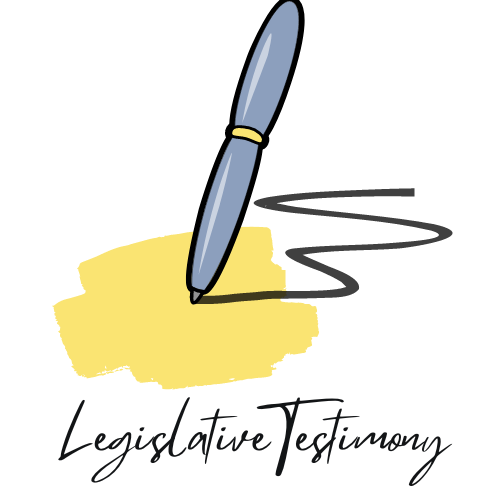LEGISLATIVE RESOURCES
|
2025 NDAB’S TOP 10 BILLS
The 69th North Dakota Legislative Session began on January 7 and ended May 3. NDAB had a presence at the state capitol every day, encouraging legislators to implement laws that would support the economic impact of home building on their communities.
NDAB monitored and/or testified on 40 bills that were of interest to the association members. Along with the guidance of the NDAB Government Affairs Committee, the organization prioritized those bills that were of particular interest. Below are the top ten bills of the North Dakota Legislative Session for the association.
SB 2225 would have provided appropriation from the Strategic Investment and Improvements Fund to the North Dakota Department of Commerce for a Housing for Opportunity, Mobility, and Empowerment (HOME) grant program designed to support affordable housing infrastructure development. FAILED
NDAB Testimony {Support}
SB 2019 will provide an appropriation for the North Dakota Department of Career and Technical Education for the 2025-2027 biennium. The demand for workforce development has never been so immense and it is vital for the building industry and the North Dakota economy as a whole. PASSED
NDAB Testimony {Support}
HB 1500 will allow homeowners to apply to repair a nonconforming structure. With the current housing crisis, this bill is important as it ensures that we don’t lose more homes across the state. PASSED
NDAB Testimony {Support}
HB 1354 updates North Dakota's real estate appraisal regulations by modifying definitions, expanding exemptions, and clarifying standards for evaluations. The amendments provide clarity by referring to federal guidelines regarding evaluations which allow licensed real estate agents and others to continue to perform evaluations, valuations, and BPOs. PASSED
NDAB Testimony {Oppose then Support once Amended}
HB 1362 would have established a housing development loan fund administered by the Bank of North Dakota which would have provided low-interest loans to local banks for housing development programs. FAILED
NDAB Testimony {Support}
HB 1496 would have required temperature to be at a minimum of 68 degrees in rental properties. This would have required a huge time commitment by property owners and managers to supervise their rental properties. FAILED
NDAB Testimony {Oppose}
SB 2239 would have provided financial grants to eligible individuals enrolled in registered apprenticeship programs within the state and HB 1036 would have created a new Division of Apprenticeship within the North Dakota Department of Labor and Human Rights to support and expand apprenticeship programs in the state. FAILED
NDAB Testimony {Support}
HB 1429 (before being amended) would have changed the law to not allow drone footage of real estate properties unless permission had been obtained by neighboring property owners. Since it is often necessary to fly over adjacent properties to capture a full view, having to obtain permission from neighboring landowners would have been problematic. The bill was “hog-housed” which eliminated this language all together. PASSED
NDAB Testimony {Oppose}
HB 1259 would have permanently kept North Dakota on standard time year-round, which would have caused chaos for our border cities and their daily operations. This would have also shortened the seasonal workday which the construction industry heavily relies on. FAILED
NDAB Testimony {Oppose}
HB 1493 would have eliminated the Office of Legal Immigration in North Dakota from the state's legal code. Immigrants make up one in four workers in the construction industry and the Office of Legal Immigration is a valuable resource for the current workforce shortage. FAILED
NDAB Testimony {Oppose}







